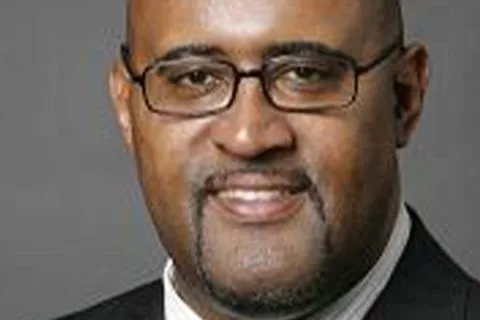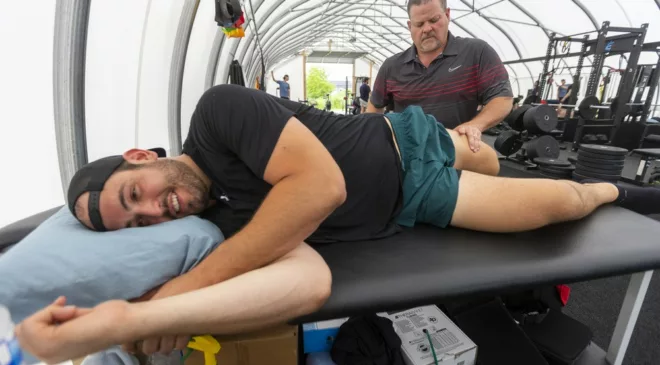The right to have one’s vote counted accurately and honestly is as essential as being able to submit a ballot in the first place. Between the time polls close on Election Day and winners for president and other state and federal offices are certified, a carefully prescribed process is meant to ensure that those who enter these offices are indeed the same individuals legitimately elected by the people. Historically, this is where our nation excelled, even when ballot access on the front end had been curtailed.
In large part, that’s thanks to the tireless efforts and service of volunteer state and local poll workers and election judges. Since the enactment of landmark voting-rights legislation in the 1960s, many African Americans – and African American women in particular – serve in these positions and now make up a disproportionate number of election volunteers. In Detroit, where I live and had the honor of serving as mayor, I’ve met countless women and men from our community who never fail to report for duty each election year and take enormous pride in the role they play protecting the integrity of the vote.
To be clear, these are not campaign workers. They are nonpartisan personnel who staff polling places, tally the votes, and ensure the smooth and proper legal process that maintains Americans’ trust in our election system. In a testament to the African American community’s enduring faith in our Constitution’s promise even in the face of discrimination, Ishena Robinson from the NAACP Legal Defense Fund has described these volunteers as “guardians of a democracy that continues to marginalize them.”
During the 2020 election, we saw a number of these nonpartisan poll workers and election judges come under threat – and even physical assault – because of unfounded conspiracy theories and election denial. Recently, Martin Luther King III and Arndrea Waters King noted “the racialized nature of these attacks” as well as the “link between protecting poll workers of color … and the civil rights framework.”
For those who wish to deny African American and other minority communities full participation in our democracy, limiting access to the ballot isn’t enough: they’re working to undermine the integrity of the immediate post-election process as well.
As we take a moment this Juneteenth to pause and reflect on how to carry forward the work of emancipation, desegregation, and enfranchisement for which our forebears sacrificed so much, our focus must be on securing the ballot on both sides of Election Day 2024.
All of us who care deeply about the right to vote need to make sure everyone understands what is legally supposed to occur in precincts and state capitals after the polls close on Nov. 5 and how to push back against dangerous misinformation. That’s why, in Detroit and throughout Michigan, I’ve been working this year with the nonpartisan organization Keep Our Republic. Our mission is helping citizens become better informed about the role poll workers and election judges play and what the legal process looks like when it works as intended. This work will continue as we approach Election Day and the critical weeks that follow it.
Celebrating our freedom and progress toward equality is a joyous thing. If we fail, however, to accompany celebration with action, we cannot answer the history that Juneteenth presents. We must use this opportunity to stand in defense of the democracy we cherish and the processes that sustain it, or we risk ignoring this holiday’s lessons and our obligation to the generations that endured hardships before us.





